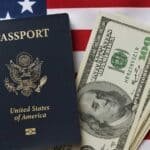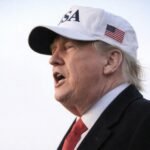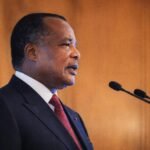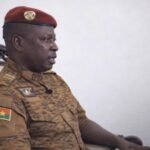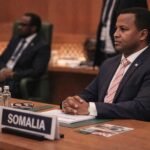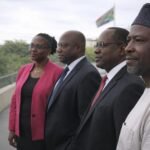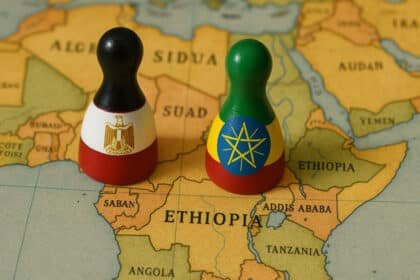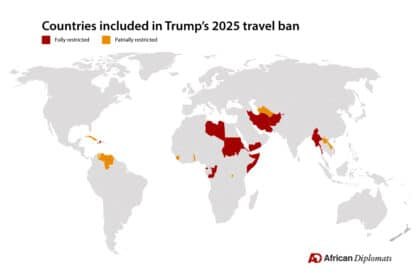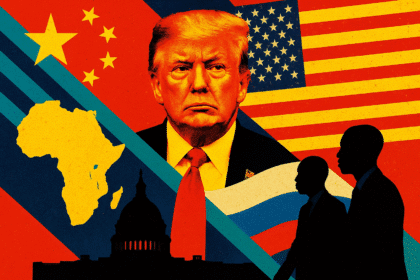Washington’s unprecedented mediation
At 02:15 on 18 June the heads of the Congolese and Rwandan technical delegations placed their initials on every page of a carefully worded, 23-page draft agreement beneath the chandeliers of the US State Department’s Benjamin Franklin Room. The joint communiqué—confirmed in Le Monde—sets a formal signing for 27 June, with Secretary of State Marco Rubio acting as witness. Qatar, which provided discreet facilitation, will join the United States on the monitoring committee. The text commits both capitals to mutual respect for territorial integrity, an immediate prohibition of hostilities and the establishment of a joint security mechanism mandated to rule on alleged violations within seventy-two hours.
Minerals, money and motives
Behind the diplomatic choreography lies an overt economic design. Washington wants eastern Congo’s tin, tungsten, tantalum and lithium shipped legally to Rwanda for refining, thereby draining the armed groups’ principal revenue stream and diversifying Western supply away from China. Kinshasa sees traceability and downstream processing as a bulwark against the USD 200 million lost annually to smuggling; Kigali anticipates a multi-billion-dollar value-addition windfall. Both incentives are written into a side-letter that links phased troop withdrawals to the staged release of American Development Finance Corporation guarantees and Export-Import Bank insurance for private investors.
Between M23 and FDLR: security provisions in focus
Clause 7 obliges the Tutsi-led M23 and the Hutu-dominated FDLR to withdraw twenty kilometres from current lines and surrender heavy weapons within forty-eight hours of signature. A joint verification commission—chaired by the African Union and advised by MONUSCO—will certify compliance. The humanitarian stakes could hardly be higher: the latest Associated Press tally puts the number of displaced Congolese at more than seven million after M23’s January seizure of Goma and February advance on Bukavu.
A legal scaffold that matters
What sets the Potomac draft apart from the short-lived Luanda and Nairobi texts is its reliance on United Nations authority. Security Council Resolution 2773, adopted unanimously on 21 February, already demands that M23 halt offensives and that Rwandan forces withdraw unconditionally from Congolese soil; by incorporating that resolution verbatim in its preamble, the accord gives the Council an explicit enforcement hook, including the threat of Chapter VII sanctions should either party renege.
Regional optics and global stakes
Angola’s decision in March to “step back” after accusing both sides of bad faith opened the door for Washington’s intervention. For Western capitals the pact is a test case for mineral-backed realpolitik; for Beijing it is a direct challenge to Chinese predominance in battery-metal supply chains. Paris has already signalled conditional EU budget-support funds, while London is examining insurance cover for Congolese rail upgrades that would feed refined metals into Kenyan ports.
Conditional rewards and familiar pitfalls
Each verified security benchmark unlocks a tranche of finance: USD 250 million in guarantees when the first cantonment sites open, a further USD 400 million once the minerals-traceability pilot in Goma issues its initial blockchain certificate on 1 August. Failure to meet deadlines triggers an automatic freeze. Critics warn that similar pay-for-peace clauses in the 2005 Sudan Comprehensive Peace Agreement collapsed when combatants treated signature as an end in itself, not a point of departure.
A cautious road to 27 June
Diplomats in Kinshasa often quip that eastern Congo has more peace accords than kilometres of tarmac. Yet even the cynics concede that Potomac diplomacy is structurally novel: never before have security clauses, market access and development finance been fused in a single, tightly sequenced instrument. The advance verification team is scheduled to land in Goma forty-eight hours after the ceremony; its safe passage along the Rutshuru axis will be the first tangible test.
The decisive judgment on the Washington pact will not be rendered by the televised handshake but by the silence—or otherwise—of artillery around Sake and the appearance of audit trails in coltan warehouses six months hence. In the Great Lakes, peace and profit are Siamese twins: sever one and the other bleeds. Whether Potomac diplomacy can keep them both alive is the geopolitical question of the summer.

